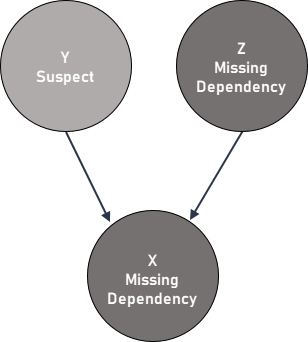The Calculation Summary Filters
The Calculation Summary provides a set of global filters that can be applied to the contents of the Calculation Summary Table.
The global filters provided are:
• All: Show all calculations.
• All Errors: Show all calculations in an error condition.
• Circular References: Show all calculations with circular references.
• Inhibited: Show all inhibited calculations.
• Manually Entered: Show all calculations whose value has been manually entered.
• Manually Overridden: Show all calculations whose value has been manually overridden.
• Missing Dependencies: Show all calculations with missing dependencies.
• Parse Errors: Show all calculations with syntax errors.
• Suspect Quality: Show all calculations with suspect quality as a result of a bad quality dependency.
• Trigger On Change: Show all calculations configured to evaluate on change.
• Trigger On Change and Periodically: Show all calculations configured to evaluate on change and periodically.
• Trigger Periodically: Show all calculations configured to evaluate periodically.
Understanding Quality Propagation
A calculation can reference another calculation or a SCADA measurement within its definition. If calculation X references calculation Y in its definition then X is said to be dependent on Y. When Y's value changes the value of X will in turn change.
The quality of a calculation is based on the quality of its dependents as follows:
Y (Dependency) | X (Dependant) | Comment |
|---|---|---|
Parse Error | Missing Dependency | As Y’s definition cannot be parsed Y is not added to the model therefore X has a missing dependency Y. |
Missing Dependency | Missing Dependency | As Y has a missing dependency and X is dependent on Y then X also has a missing dependency. See Understanding Missing Dependencies for more details. |
Circular Reference | Circular Reference | If Y is involved in a circular reference then X is also involved in a circular reference. See Understanding Circular References for more details. |
Suspect | Suspect | If Y references a bad quality SCADA measurement the Y will be Suspect quality. As X has a dependency on a Suspect calculation X is also Suspect. |
The table is in order of precedence starting with the highest priority. If a calculation has many dependencies, then Parse Errors will take precedence, followed by Missing Dependencies, Circular References, and finally Suspect. For example, if calculation X is dependent on Y and Z, and Y has Suspect quality while Z has a missing dependency, then X's quality will be Missing Dependency.
